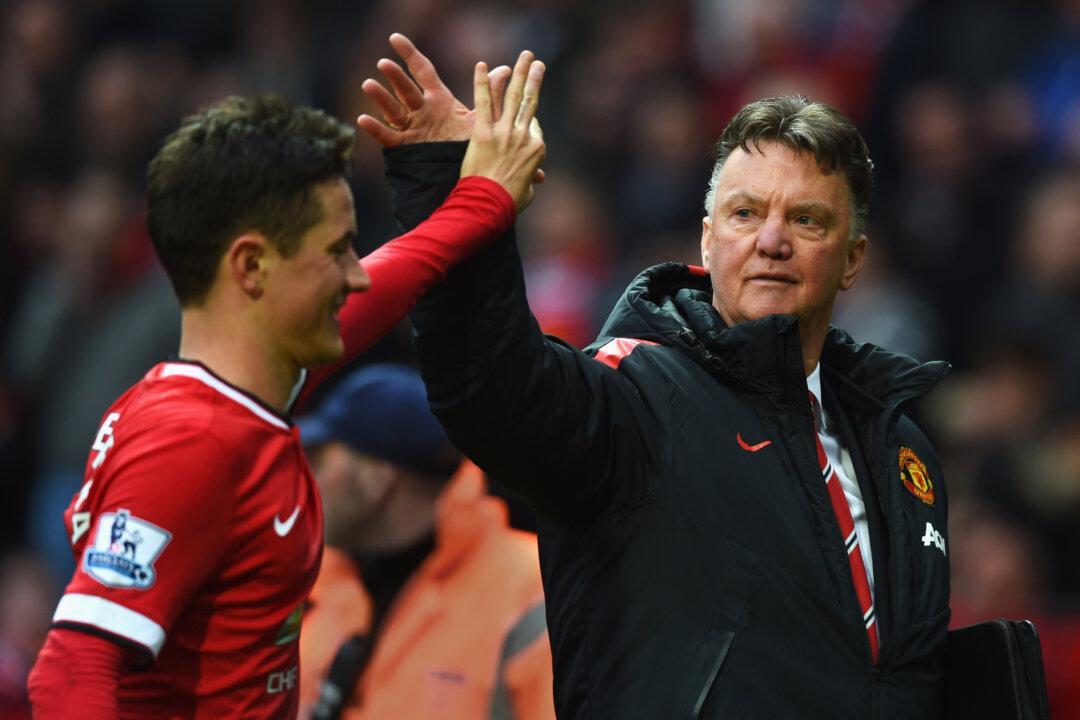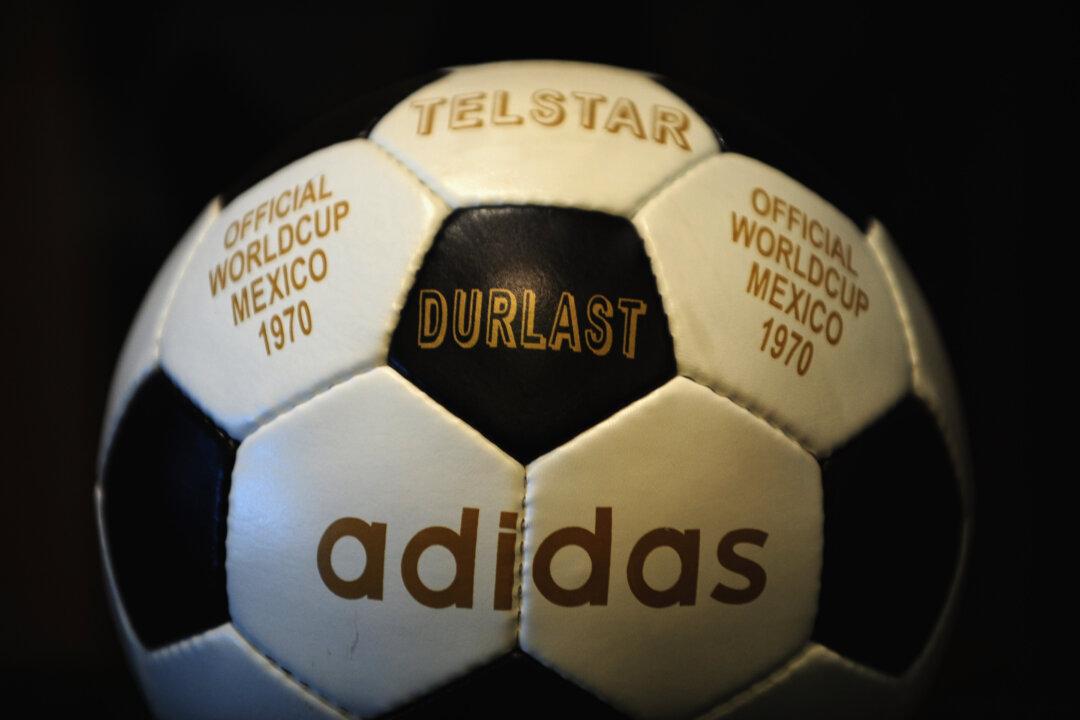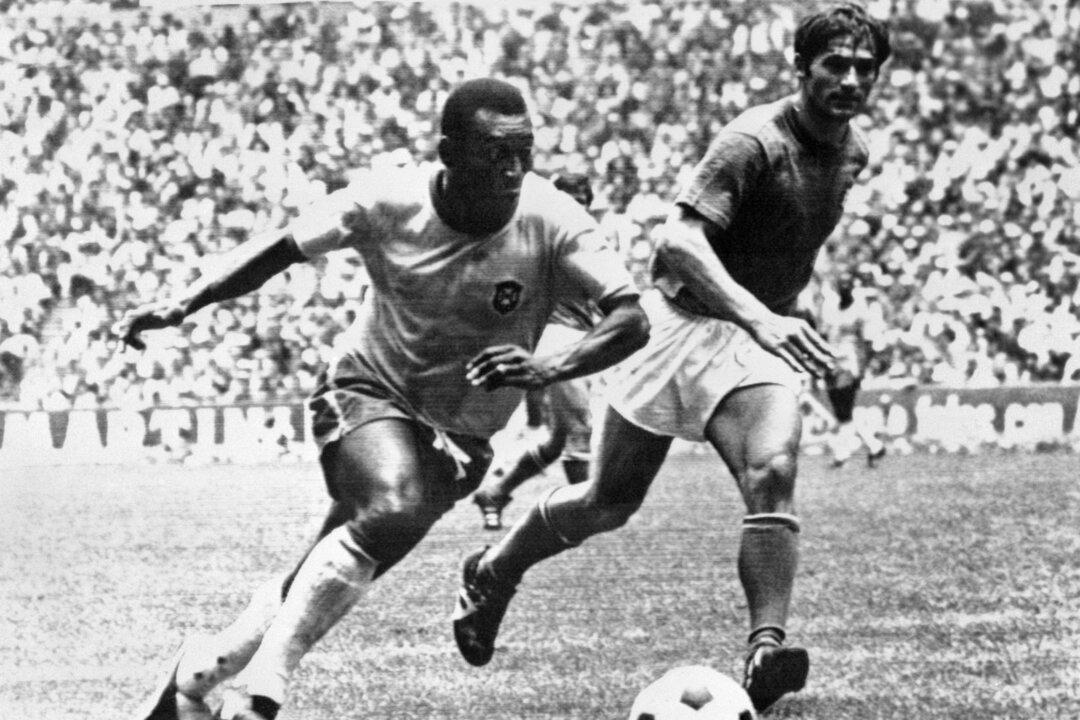With Jules Rimet having successfully hidden the World Cup trophy under his bed during the Nazi occupation of Paris, FIFA were eager to resume the tournament, having already shelved their plans for the 1942 and 1946 events due to World War 2.
However, much of Europe lay in ruins in the aftermath of the war, and few countries had much interest in hosting the 1950 event. Brazil eventually agreed to host it, and built a 200,000 capacity stadium in Rio for the occasion. However, they insisted that it take place in 1950, as opposed to 1949, which FIFA wanted.
With the war having stretched the resources of nations throughout the world, very few were interested in sending teams to compete in Brazil. FIFA managed to convince Italy to take their automatic place as reigning champions, despite most of their team having been killed in 1949, when a plane carrying Torino AC crashed into Superga hill, with nobody surviving. Brazil took their automatic place as hosts, along with 11 other teams.
England sampled their first taste of WC magic this year. However, it was to be a bitter one, as they were defeated by USA in the second match, with a goal coming from Haitian-born Joe Gaetjens. This player was subsequently arrested and, presumably, killed in Haiti, during the brutal “Papa Doc” Duvalier regime.
A record attendance gathered to watch the final game between Brazil and Uruguay. Incensed by a Rio de Janeiro newspaper’s decision to present a photograph of Brazil next to the words “world champions”, Uruguayan captain, Obdulio Varela, urged his team to attack, despite his manager’s insistance upon a defensive approach. Underdogs Uruguay, competing in a World Cup for the first time in 20 years, ran out eventual winners in front of an almost silent 210,000-strong crowd.
FIFA applied a very creative format to the group stages in Switzerland 1954. There were 4 groups of 4, with the top two seeds in each playing the unseeded teams, but not each other. The top 2 teams of each group then qualified for the quarter finals. Allowed to compete for the first time since WWII, the unseeded West Germany progressed through their group stage by beating the seeded Turkey twice (once in a playoff). Though this was a surprise to football’s governing body, Turkey had only gained access to the finals by way of a blind Italian boy drawing their lot after their qualification stalemate with Spain.
The tournament saw the arrival of Ferenc Puskás on the world stage, as he captained the Hungarian ‘Mighty Magyars’. Hungarian manager Gusztáv Sebes initiated some cutting-edge developments while he oversaw this great team, including personalised fitness regimes and the concept of a deep-lying centre forward, which allowed his team to quickly transition from defence to attack. He’s credited with creating a prototype of Total Football, as he challenged his players to be comfortable playing in a number of positions.
Hungary consigned Uruguay to their first ever World Cup defeat in a semi-final that is considered to be one of the greatest displays of attacking football seen in the competition. Having only lost once since 1949, the No. 1 ranked Hungarians were to face a West German team comprised of amateurs in the final. The Germans were suited to playing in the heavy rain that featured during the game, and were assisted by innovative boots designed by Adidas, which allowed different sized studs to be screwed in to suit the weather conditions.
Puskás opted to play, despite having suffered a hairline fracture of his ankle earlier in the tournament, but could not prevent West Germany from ending his side’s 31 game unbeaten run. Controversially, his would-be equalising goal in the 89th minute was ruled to have been offside. The tournament is known for featuring the highest average goals per game (5.4).
The 1958 finals in Sweden were notable for the emergence of the greatest footballer of all time, Pelé. Brazil also boasted the prodigious talents of Didi, considered to be one of the greatest midfielders to ever grace the game, and Garrincha, who, despite spinal deformities and a 2-inch leg length discrepancy, is considered one of the greatest dribblers in history.
England had been weakened by the Munich air disaster that killed eight Manchester United players, including some of their first team squad. Hungary was now a shadow of the Golden Team that had frightened opponents in the preceding years, as the team broke up on account of the Hungarian Uprising against the communist regime in 1956. The stage was set for 17-year-old Pelé to propel Brazil to victory and establish his team as the most dominant force in International football for the next few decades. As he set records for being the youngest to ever play in a World Cup final, France’s Just Fontaine claimed his, as yet, unchallenged record for most goals scored in a single World Cup tournament, with 13.
Do you have any anecdotes, personal or otherwise, related to these early World Cups? Feel free to detail them in the comments section below.




